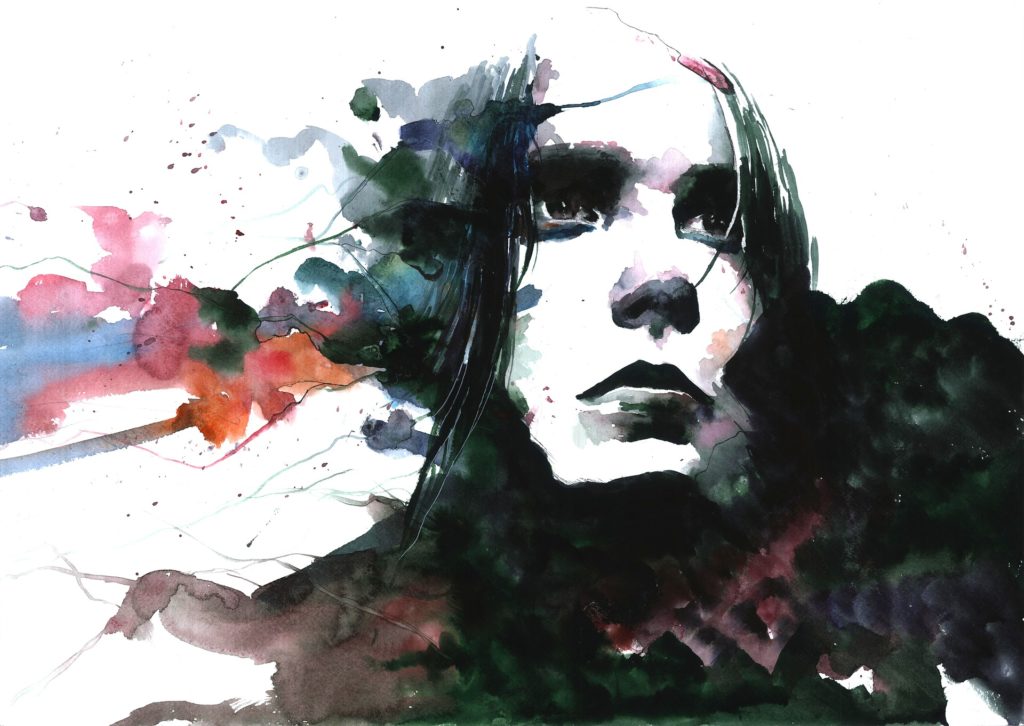
Contributor: Staff of Timberline Knolls Residential Treatment Center
When it comes to addiction recovery and treatment, some of the most common approaches we are familiar with include rehabilitation, medication, 12-step groups, and behavioral interventions. Most people would not think to include creative arts, dance, movement, music or drama on the list of effective treatments for those who are recovering from substance abuse and addiction. Surprised?
Research has demonstrated the incredible power of Creative Arts therapies for those who are battling addiction, showing the effectiveness of these forms of therapies in healing from the many co-morbid conditions with addiction, including anxiety, depression, and other mood disorders [1]. What exactly are creative arts therapies and how can these be successfully integrated in addiction treatment for improved recovery?
Understanding Expressive Therapy
Expressive therapy, also known as expressive therapies, is the use of creative arts as a form of therapy, including the following forms:
- Writing therapy, including bibliotherapy, journaling, and poetry
- Art Therapy
- Music Therapy
- Drama Therapy
- Dance/Movement Therapy
While one might not think to include these forms of expression into treatment for addiction, particularly when life-threatening issues are at hand, it is these very forms of therapy that have helped countless individuals find healing through creative forms of expression.
Unlike traditional forms of art, music, etc, expressive therapy emphasizes the process of creation rather than the final product. Expressive therapy is also founded on the premise that creative expression can be used in an integrated way to foster healing, growth, and development [2].
It is the psychotherapeutic use of movement, art, music, or drama to foster further integration of the mind, body, and spirit of the client.
Creative art therapies are guided by a therapist, who is able to move a client through multiple forms of expression. Creative Arts therapists have in-depth specific training within the modalities of art, dance, music, or drama.
Through their specific discipline, therapists work with clients to examine feelings, emotion, thoughts, and somatic sensations present in the body through the lens of a selected form of dancing, music, drama, art, or writing.
Creative Arts Therapies and Addiction Treatment

For an individual struggling with an addiction, there is often a severe disconnect between mind and body, and thoughts and feelings are often shunned by destructive using behaviors. Integrating expressive therapy into treatment can reawaken creativity in recovering addicts and encourage the processing of thoughts, emotions, and feelings that may have been too difficult to communicate otherwise.
Creative art therapies can also be powerful for reducing stress, managing behaviors, achieving clarity and insight, developing interpersonal skills, and increasing self-esteem.
Many addiction treatment facilities will integrate one or more forms of expressive therapy in their approach to recovery. As you search for a program that is right for you, consider if expressive therapies are offered in addition to traditional addiction treatment methods to receive both effective and comprehensive care.
References:
[1]: Cevasco, Andrea M. et al. Comparison of Movement-to-Music, Rhythm Activities, and Competitive Games on Depression, Stress, Anxiety, and Anger of Females in Substance Abuse Rehabilitation. J Music Ther (2005) 42 (1): 64-80.
[2]: Malchiodi, Cathy A. (2003). Expressive Therapies. New York: Guilford ISBN 1-59385-379-3.
Thank you to Timberline Knolls for providing this article.
Timberline Knolls is a leading residential treatment center for women and adolescent girls, ages 12 and older, with eating disorders, substance abuse, trauma, mood and co-occurring disorders. Located in suburban Chicago, residents receive excellent clinical care from a highly trained professional staff on a picturesque 43-acre wooded campus. An adult partial hospitalization program (PHP) is also available in nearby Orland Park, Ill., for women to step down or direct admit. For more information on Timberline Knolls Residential Treatment Center, call 630-755-5173. We are also on Facebook – Timberline Knolls, LinkedIn – Timberline Knolls and Twitter – @TimberlineToday.
The opinions and views of our guest contributors are shared to provide a broad perspective of addictions. These are not necessarily the views of Addiction Hope, but an effort to offer a discussion of various issues by different concerned individuals.
We at Addiction Hope understand that addictions result from multiple physical, emotional, environmental, and genetic factors. If you or a loved one are suffering from an addiction, please know that there is hope for you, and seek immediate professional help.
Published on March 30, 2017
Reviewed and Updated by Jacquelyn Ekern, MS, LPC on January 12, 2021
Published on AddictionHope.com
